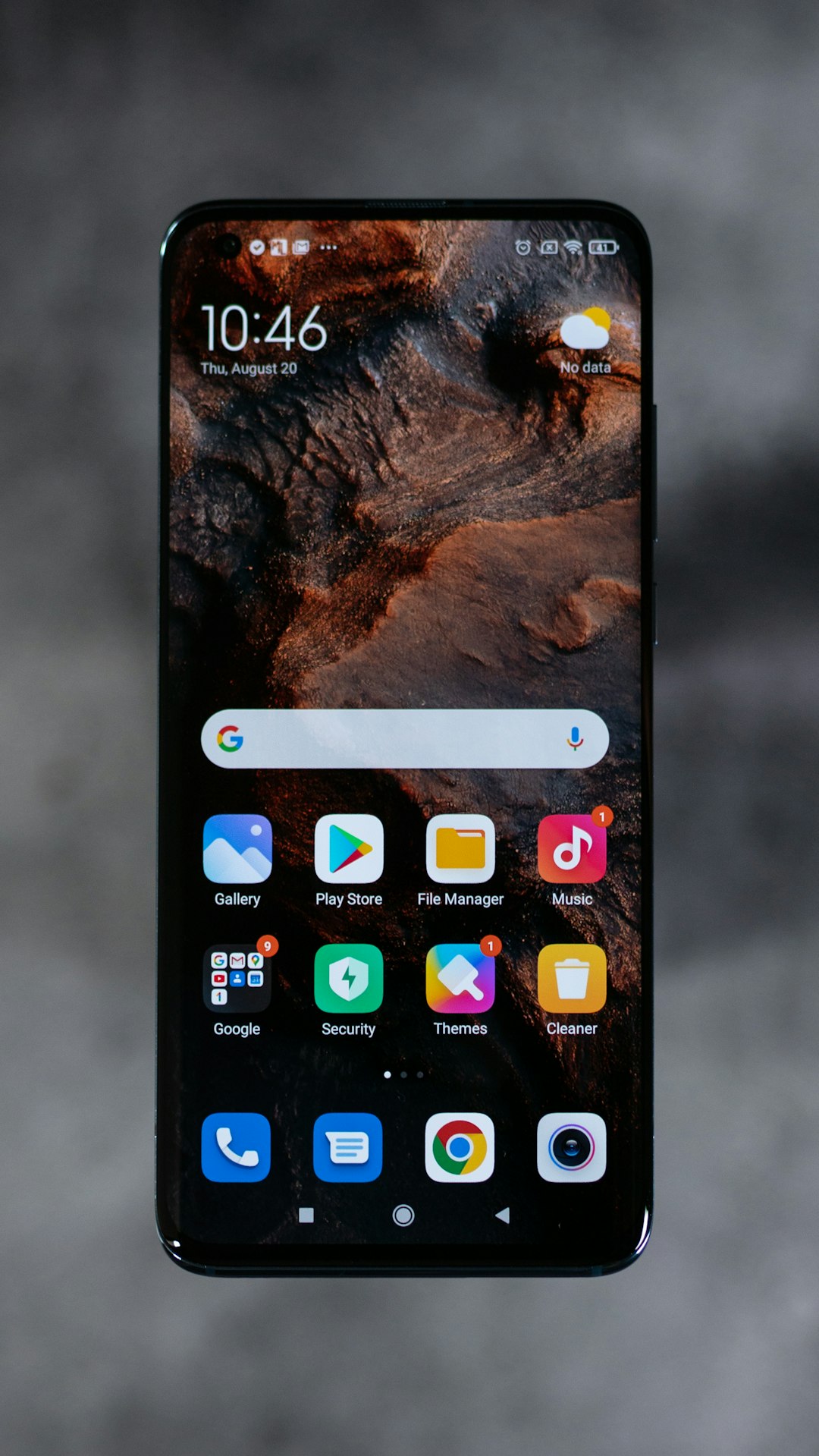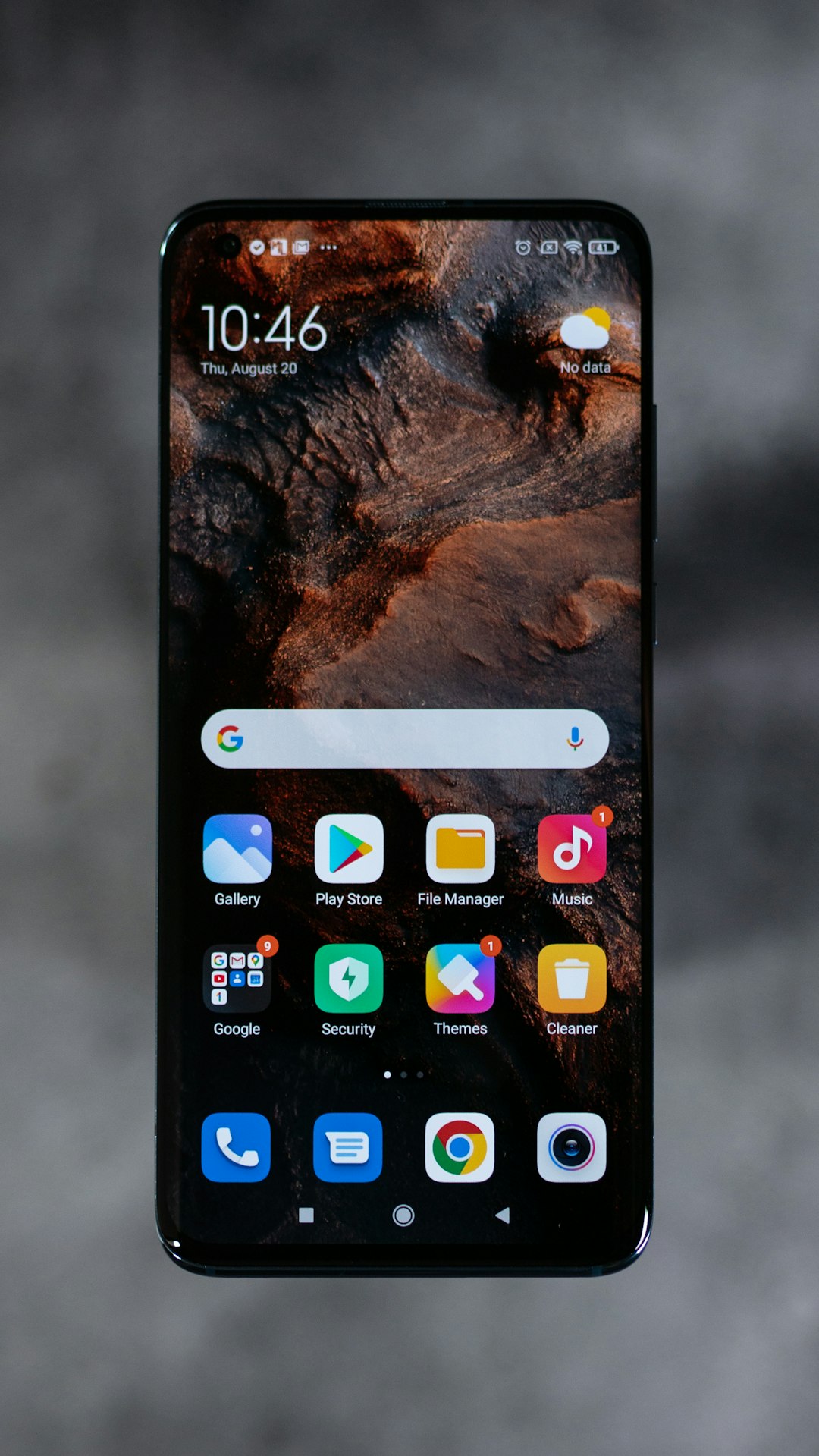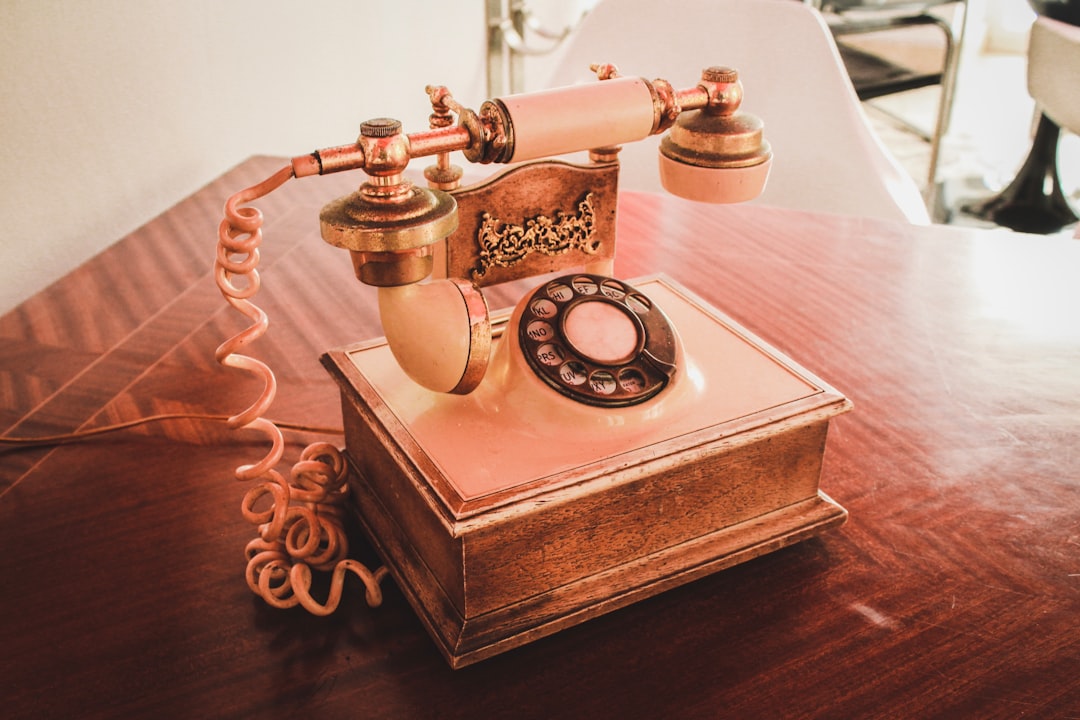Pennsylvania's Do Not Call laws protect residents from most automated sales calls, including robocalls from law firms, via registration on the state list. The Telephone Consumer Protection Act (TCPA) restricts unsolicited prerecorded messages. Staying informed about exemptions for legal professionals and established businesses is crucial to understanding full protection under these laws.
“Pennsylvania residents now have powerful tools to combat relentless robocalls. The state’s Do Not Call laws offer significant protection, allowing you to reclaim your phone lines from unwanted telemarketing calls. This comprehensive guide explores how these laws work, providing insights into protecting yourself legally and enforcing your rights. We’ll also delve into exclusions and exceptions, ensuring you’re fully informed about your protections against robocalls in the Keystone State, with a focus on Do Not Call law firms in Pennsylvania.”
Understanding Pennsylvania's Do Not Call Laws

In Pennsylvania, the Do Not Call laws are designed to protect residents from unsolicited phone calls, including those from law firms and telemarketers. These laws give consumers the right to stop most robocalls by registering their phone numbers on the state’s official Do Not Call list. The process is straightforward; individuals can sign up online or through a dedicated telephone service. Once registered, Pennsylvania residents can expect a significant reduction in automated sales calls.
The Do Not Call law covers various types of outgoing messages, including prerecorded and artificial voices. This legislation ensures that law firms and other businesses must obtain prior consent before initiating automated phone campaigns. By adhering to these regulations, Pennsylvania’s citizens gain control over their communication preferences, fostering a quieter and more peaceful environment.
Protecting Yourself from Robocalls Legally

In Pennsylvania, there are laws in place to protect residents from unwanted robocalls, specifically those originating from law firm marketing. The Telephone Consumer Protection Act (TCPA) restricts automatic dialing systems and prerecorded messages, commonly used by robocallers, from contacting consumers without prior consent. This means that law firms aiming to market their services through automated calls must obtain explicit permission from individuals on their call lists.
Pennsylvania residents can take several legal steps to safeguard themselves against these intrusive calls. First, they should review and understand their rights under the TCPA. Second, if you receive unwanted robocalls from law firm telemarketers, document the calls by noting the date, time, and content of each interaction. This evidence can be crucial when reporting the violations to state or federal authorities. Lastly, consider registering your phone number with the National Do Not Call Registry, which provides additional protection against unsolicited calls, including those from law firms.
Enforcing the Rules: What You Need to Know

In Pennsylvania, laws are in place to protect residents from unwanted robocalls, including those from law firms. The Telephone Consumer Protection Act (TCPA) prohibits automated or prerecorded calls for marketing purposes, and the Do Not Call Registry allows individuals to opt-out of such calls. If a law firm violates these rules by calling you without your consent, you have several options.
First, add your number to the state’s Do Not Call Registry if you haven’t already. This simple step ensures that legitimate firms won’t call you again. Additionally, if the robocalls persist despite your efforts, you can file a complaint with the Federal Trade Commission (FTC) or take legal action against the law firm. The FTC has resources and enforcement powers to stop violators, and Pennsylvania residents have the right to seek damages for harassing calls.
Exclusions and Exceptions in PA Robocall Laws

While Pennsylvania’s do-not-call laws offer significant protection against unwanted robocalls, there are certain exclusions and exceptions to be aware of. One notable exception pertains to calls originating from law firms and legal professionals. The state allows these entities to contact residents regarding legal matters or services, even if the recipient is registered on the do-not-call list. This exemption ensures that individuals facing legal issues can receive relevant information and representation without being hindered by automated call restrictions.
Additionally, non-profit organizations, political campaigns, and companies with an established business relationship with the caller are not bound by the strictest do-not-call rules. These loopholes highlight the nuanced nature of Pennsylvania’s robocall regulations, reminding residents to stay informed about their rights and the various circumstances under which they may still receive unsolicited calls.






